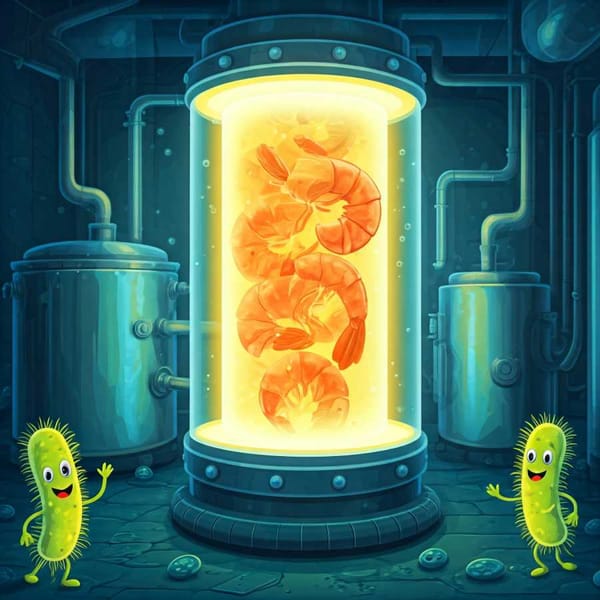What is nuclear medicine and why is it used?
Nuclear medicine is a specialty in which radioactives (called radiotracers or radiopharmaceuticals) are used to diagnose or treat various conditions.

Nuclear medicine is a specialty of medicine in which radioactives (called radioisotopes, radiotracers, or radiopharmaceuticals) are used to diagnose or treat various conditions. They allow obtaining images known as gammagrams (if it is of an organ or scans if it covers the whole body).
Once analyzed properly, these images can be used to determine the origin or extent of many diseases. To offer treatment to patients, it is necessary to have higher doses of radioactive material, for example, in certain types of cancer or thyroid diseases.
Is Nuclear Medicine Safe?
When used in adequate quantities, radioactive materials are extremely safe in both children and adults, even under special conditions they can be used in pregnant women. In Mexico, thousands of treatments with radioactive material and millions of diagnostic studies have been performed for more than 40 years and no harmful effects have been demonstrated as in other types of studies.
What is a Nuclear Medicine study like?
Under the supervision of a Nuclear Medicine doctor, a technician and a nurse specializing in Nuclear Medicine will perform the procedure. Each study has a different procedure but usually, the nurse will give you an intravenous injection into your arm like that of obtaining a blood sample. The small amount of radioactive material will be distributed throughout the body and will allow doctors to obtain images of the affected areas.
Sometimes the radioactive material can be taken, inhaled, or injected into places other than the veins. The images will be taken by the technician and can be taken immediately after the application of the radioactive material or the patient can be instructed to wait 20 minutes or return several hours or days later to the Nuclear Medicine service to obtain the images. Each image or series of images may take from three minutes to one hour.
The procedures do not hurt or discomfort the patient, most of the time he or she is lying down, with the same clothes they are wearing and under the supervision of the technical staff specialized in nuclear medicine.
How do I prepare for my studies?
Many of the procedures performed do not require any preparation. In some of them, the patient will be asked to drink liquids, fast, or stop some medications, according to the particular case. When an appointment is made for the gammagram, the patient is given precise indications.
What happens after the study?
In most cases, the patient will be able to return to his or her usual activities. The small dose of radioactive material inside the body will not cause restrictions in the coexistence with other people, only to stay at a distance of one meter from adults, pregnant women, and children: for a period of 1 to 3 days according to the case.
When will I receive the results of the study?
According to the quality policies of the nuclear medicine service and of the institution, the results are delivered within 2 hours if the patient is hospitalized or comes from another city and the next day of the study if they live in the city. An envelope is given with the written report of the nuclear medicine specialist and the printed image.




